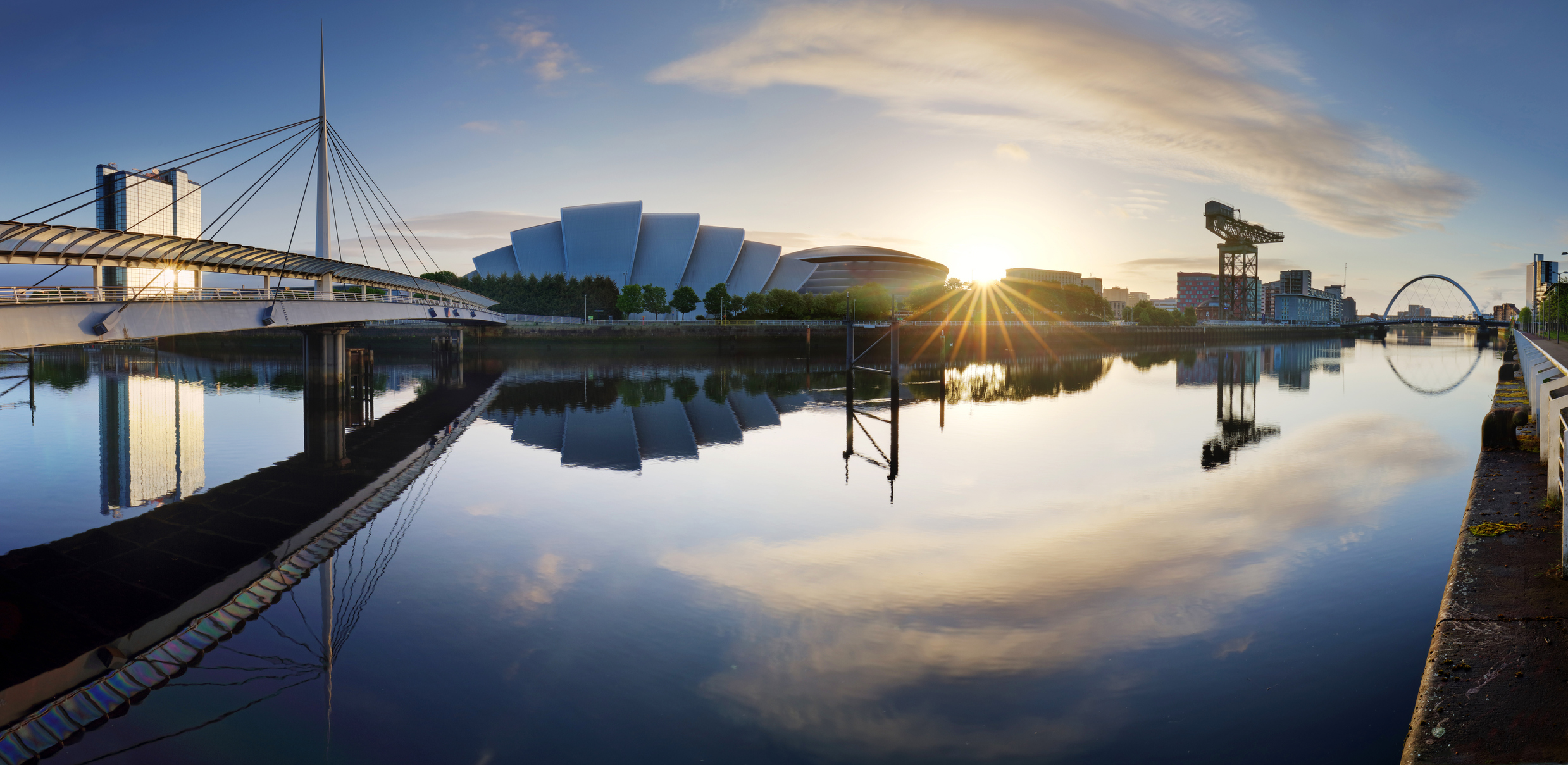Famed for its accessibility, infrastructure and cultural appeal, the city of Glasgow has firmly established itself as one of the UK’s leading business event destinations. At the centre of this success is the Scottish Event Campus (SEC), which, in close collaboration with the Glasgow Convention Bureau, delivers not just events, but immersive, city-wide experiences.
The CN team recently visited to witness this synergy firsthand, speaking with Helen Davidson, sales manager from the Glasgow Marketing Bureau and Sean Murray, head of marketing at the SEC about what truly sets the city apart for exhibitions, conferences, and beyond.
Glasgow in focus
What sets Glasgow apart is the seamless partnership between the venue and the wider city ecosystem. As Helen Davidson from the Glasgow Convention Bureau puts it: “We work really closely with the SEC,” she says. “If the venue is hoping to bid for a major event, you can’t really do that as a standalone without city support.”
It’s not just infrastructure that makes the city appealing. “There’s a real sense of arrival,” she says. “We’ve got some sensational Victorian landmarks like the University of Glasgow, Kelvingrove, and the Science Centre all within walking distance of the SEC. These venues give you real wow factor.”

Thinking like an organiser
The success of SEC’s exhibitions arm is, in part, due to its organiser-led perspective. “It helps having an organiser background because we understand the challenges they face, and are better prepared to support and collaborate.”
With a clear remit to grow exhibitions, the SEC team has focused on destination marketing. “We tell organisers: you run great shows in London, Birmingham, Manchester… but then you stop. Why not bring those shows to Scotland and tap into a new audience? There are five million people here. Whether it’s cake baking, running, or fishing, there are massive untapped audiences.”
The impact is tangible. “We contribute over half a billion pounds annually,” notes Murray. “We’re 90% owned by the city. Events fill hotels, restaurants, and drive city development.”
Aligned with industry strengths
Helen echoed the importance of aligning with city strengths: “We’ve got Europe’s largest hospital, so 40% of our conferences are in medical sciences. Our space sector is thriving and our renewables profile is massive. All-Energy, for example, is right here in Glasgow.”
Accessibility is another advantage. “You’ve got three airports within an hour of Glasgow, and direct flights from 165 global destinations,” notes Helen. “That includes ten North American cities and a direct connection to Dubai.”
Sustainability is a shared ambition. “We’ve been working really hard, encouraging venues and hotels around the city to sign up to green tourism,” said Davidson. “You need third-party accreditations. It’s all very well saying you’re good, you need someone else to say it.” In fact, Glasgow ranks 12th globally on the Global Destination Sustainability Index.

A gateway to the world
The cultural identity of Glasgow is a vital part of its business case. Events also leave a legacy.
The Bureau’s annual KPIs reflect both economic goals and community impact. “We brought in about £150m in conference business last year,” says Davidson. “But it’s also about making sure events have a positive footprint in the city, whether it’s public engagement, education, or health.”
With more than 8,000 hotel rooms within two miles of the SEC and a buzzing F&B scene driven by the ‘Hydro bounce’, Glasgow is no longer Scotland’s best-kept secret. It’s a city ready to host, support, and celebrate events of all sizes and the question event organisers need to ask themselves is simply: why not here?















